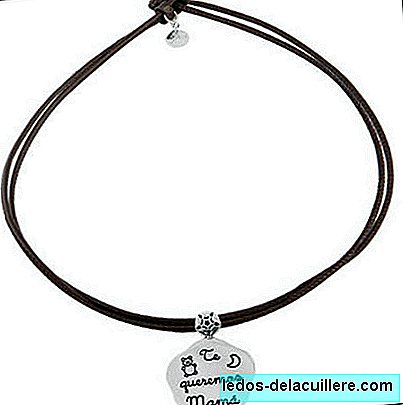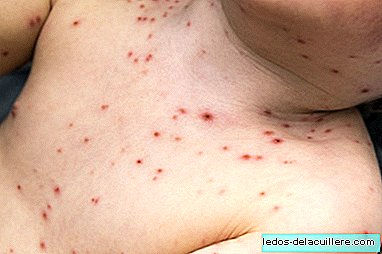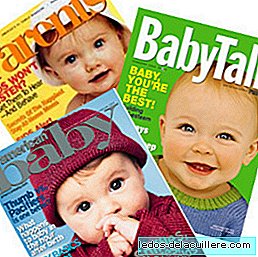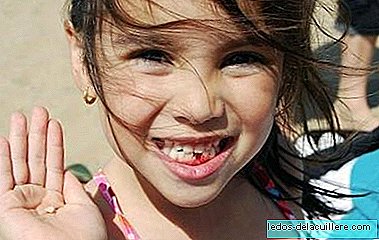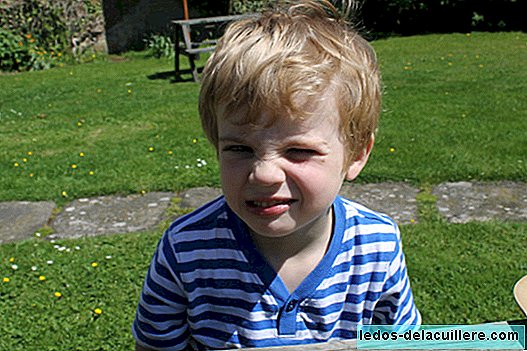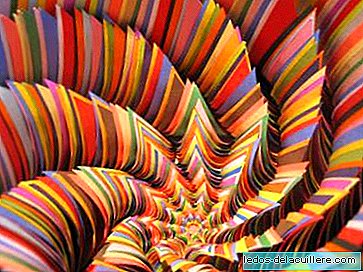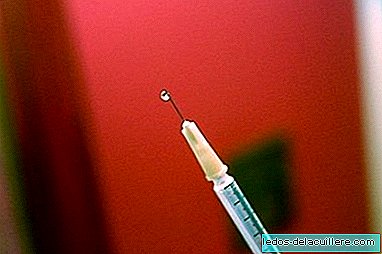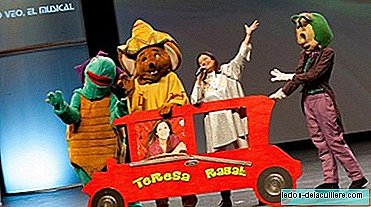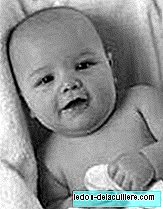
As the researchers announce, the risk is not so significant that parents do not consider the possibility of having children through artificial methods.
But according to a study in Canada, yes there is a small risk of three percent in babies born by assisted reproduction techniques of suffering certain defects.
Just a slight difference with the risk of defects in naturally conceived babies, which is two percent.
Scientists recommend that parents who wish to reduce this risk should not implant more than two embryos at the same time, because the risk increases considerably when dealing with pregnancies of more than two babies.
As experts say, the risk is minimal, as is the difference between babies conceived by artificial methods and those conceived by natural means.
I think that sometimes this type of study has more medical relevance than in the population itself and more than anything it wants to warn that the manipulation that occurs in artificial techniques is an extra risk, as is logical.
You should not be alarmed if you are thinking of undergoing some technique of assisted fertilization, because as in any pregnancy the risks exist and that unfortunately we cannot change it.
If women let us influence each study that comes out and we persecute ourselves for the possible risks that the baby could run, we would not get pregnant.


